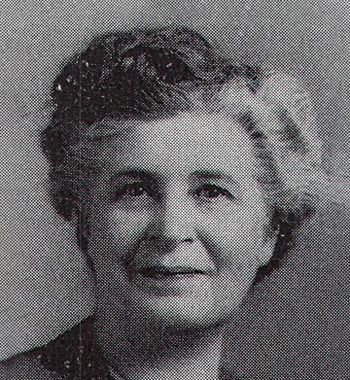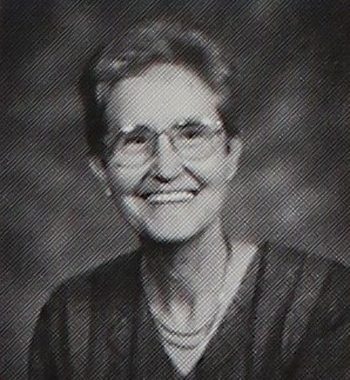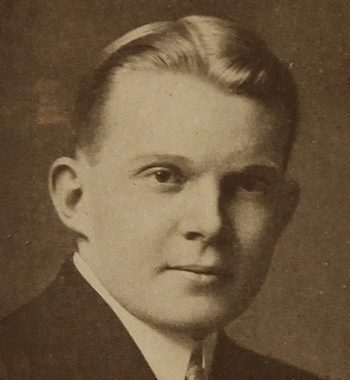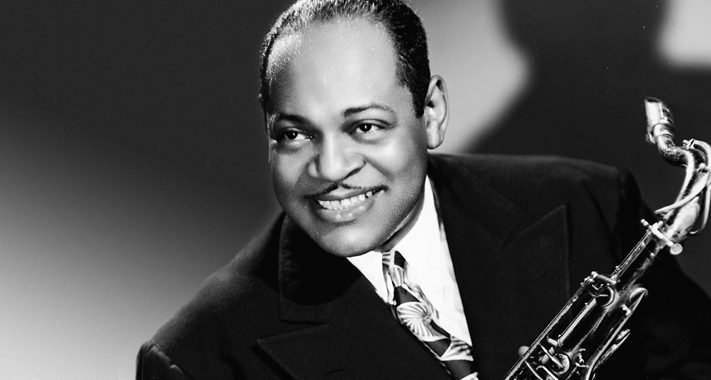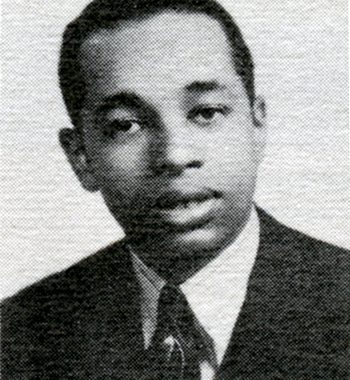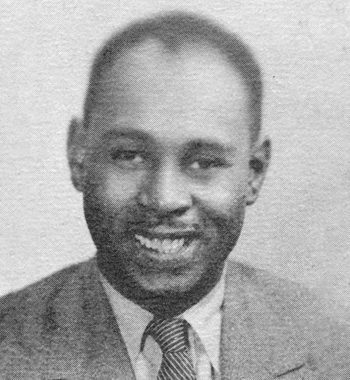2020 Distinguished Staff
Tag Archives: 2020
Shirley Huttenhoff
2020 Distinguished Staff
Shirley Huttenhoff, who taught family and consumer science courses in Topeka public schools for more than 50 years. An expert seamstress, she began teaching in USD 501 in 1959, working at Boswell Junior High, Topeka Education Center and Sheldon Elementary School. She began teaching at Topeka High in 1994, officially retiring in 2010, but returning to teach until 2015. She died in 2017.
Robert Merrell Gage
2020 Hall of Fame Inductee
Robert Merrell Gage, class of 1911, a sculptor. Born in 1892 in Topeka, after graduation from Washburn University of Topeka, Gage left Kansas to study sculpture with Gutzom Borglum, who carved the figures on Mount Rushmore, and Robert Henri, both exponents of the “American Theme” in art, in New York and France. When he returned to Topeka, he began his first public commission, the statue of President Abraham Lincoln on the Kansas Capitol grounds. In fact, he executed the likenesses of Lincoln in many stages of the president’s life, and in 1955 Gage starred in a short film, The Face of Lincoln, with that film winning an Academy Award for Best Live action Short Film. His other works include the Pioneer Mother Memorial near the Lincoln statue, the Police Memorial and Veterans’ Fountain in Kansas City, and the History of California frieze in Beverly Hills. Some have called him “the American sculptor.” He died in 1981.
Coleman Hawkins
2020 Hall of Fame Inductee
Coleman Hawkins attended THS around 1920, a saxophonist. Born in 1904 in St. Joseph MO, he began studying piano at age 5, cello at age 7 and the tenor saxophone at age 9. By age 14, he was playing saxophone around eastern Kansas, mostly in Kansas City. He performed with the Fletcher Henderson Big Band for 10 years in New York, jamming with jazz greats including Louis Armstrong and Benny Goodman. He toured Europe and recorded for the Keynote, Savoy, and Apollo labels. He was the leader on what is considered to have been the first ever bebop recording session on Feb. 16, 1944, including Dizzy Gillespie, Don Byas, Clyde Har, Oscar Pettiford, and Max Roach. His hit song, “Body and Soul,” is an outpouring of irregular, double-timed melodies that became one of the most imitated of all jazz solos. He died in 1969. He didn’t graduate from high school but is being awarded an honorary diploma from current THS principal Rebecca Morrisey.
John Scott
2020 Hall of Fame Inductee
Charles Scott Sr., class of 1940, and John Scott, class of 1938, two of the three attorneys who filed the landmark Brown V. Topeka Board of Education case. John and Charles had suspended their law studies when they were called to serve in World War II, but returned to Washburn Law School and upon graduation, joined their father, Elisha Scott, who had been the third African-American to graduate from Washburn Law, to form the law firm of Scott, Scott and Scott. Charles and John Scott, along with Chares Bledsoe, filed Brown V. Topeka, a fight for the educational equality of all children, on Feb. 28, 1951, in the U.S. District Court of Kansas. They had worked to recruit a group of 13 families willing to challenge the school board’s segregated elementary schools in Topeka and recruited expert witnesses to testify about the psychological harm of segregation. The case was unsuccessful in district court, but the U.S. Supreme Court overturned the district court on May 17, 1954, in the famous, far-reaching decision. John Scott died in 1984 at age 65 and Charles Scott in 1989 at age 67.
Charles Scott Sr.
2020 Hall of Fame Inductee
Charles Scott Sr., class of 1940, and John Scott, class of 1938, two of the three attorneys who filed the landmark Brown V. Topeka Board of Education case. John and Charles had suspended their law studies when they were called to serve in World War II, but returned to Washburn Law School and upon graduation, joined their father, Elisha Scott, who had been the third African-American to graduate from Washburn Law, to form the law firm of Scott, Scott and Scott. Charles and John Scott, along with Chares Bledsoe, filed Brown V. Topeka, a fight for the educational equality of all children, on Feb. 28, 1951, in the U.S. District Court of Kansas. They had worked to recruit a group of 13 families willing to challenge the school board’s segregated elementary schools in Topeka and recruited expert witnesses to testify about the psychological harm of segregation. The case was unsuccessful in district court, but the U.S. Supreme Court overturned the district court on May 17, 1954, in the famous, far-reaching decision. John Scott died in 1984 at age 65 and Charles Scott in 1989 at age 67.

